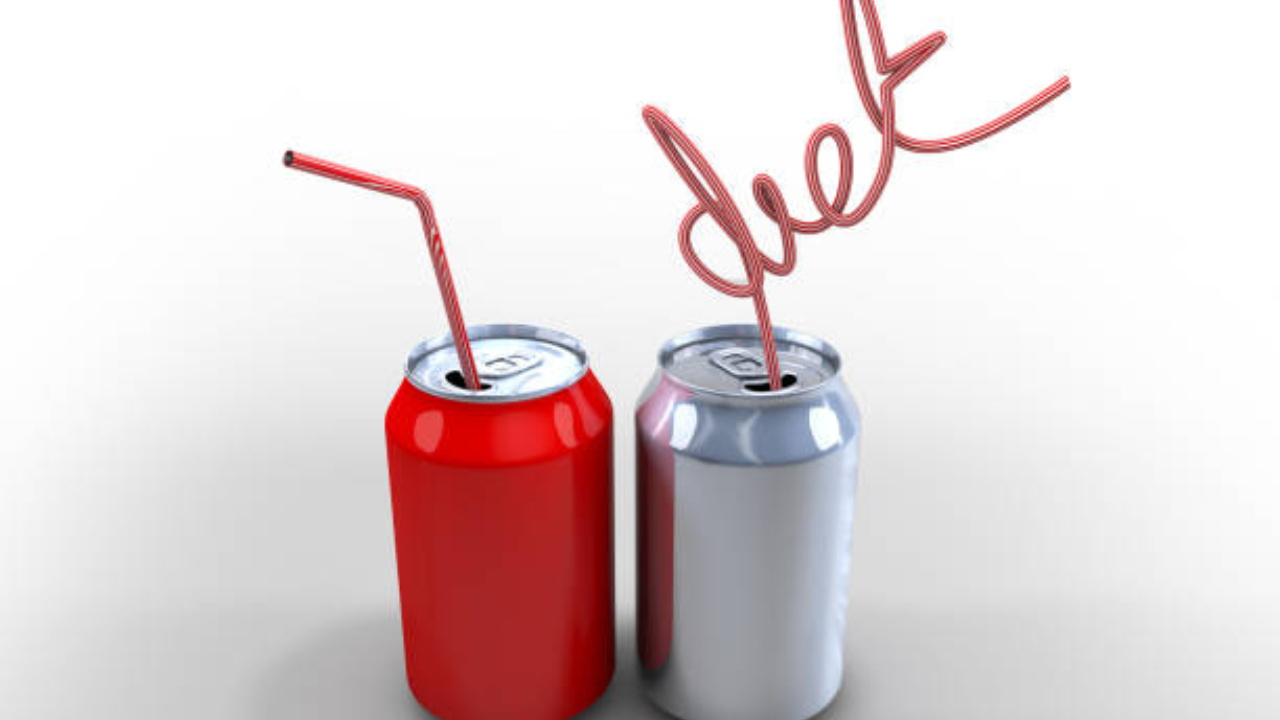People often substitute fizzy drinks like cola for healthier drinks like Milk and fresh fruit juices. Thus, they get a lesser amount of minerals, proteins, and vitamins that would have been present if they had opted for healthier drinks. In a vegetarian diet, milk is a major source of calcium, so if milk is substituted, it may lead to calcium deficiency, leading to osteoporosis and periodontal disease.
Thus, the detrimental impact of a diet soda on bones is preventing the intake of healthier options. Soda drinkers tend to take in less milk and fortified alternatives, resulting in lowered calcium and protein intake, which are the two most vital elements for bone mass maintenance. At present, among those at greatest risk of developing diet-related osteoporosis, adolescent and postmenopausal women are the two major risk groups in which nutritional patterns that seem to have gotten entrenched are of prime concern. Further, the lifestyle patterns associated with frequent soda consumption, including poor diet quality and low physical activity, would seem to aggravate one’s susceptibility to poor bone health.

